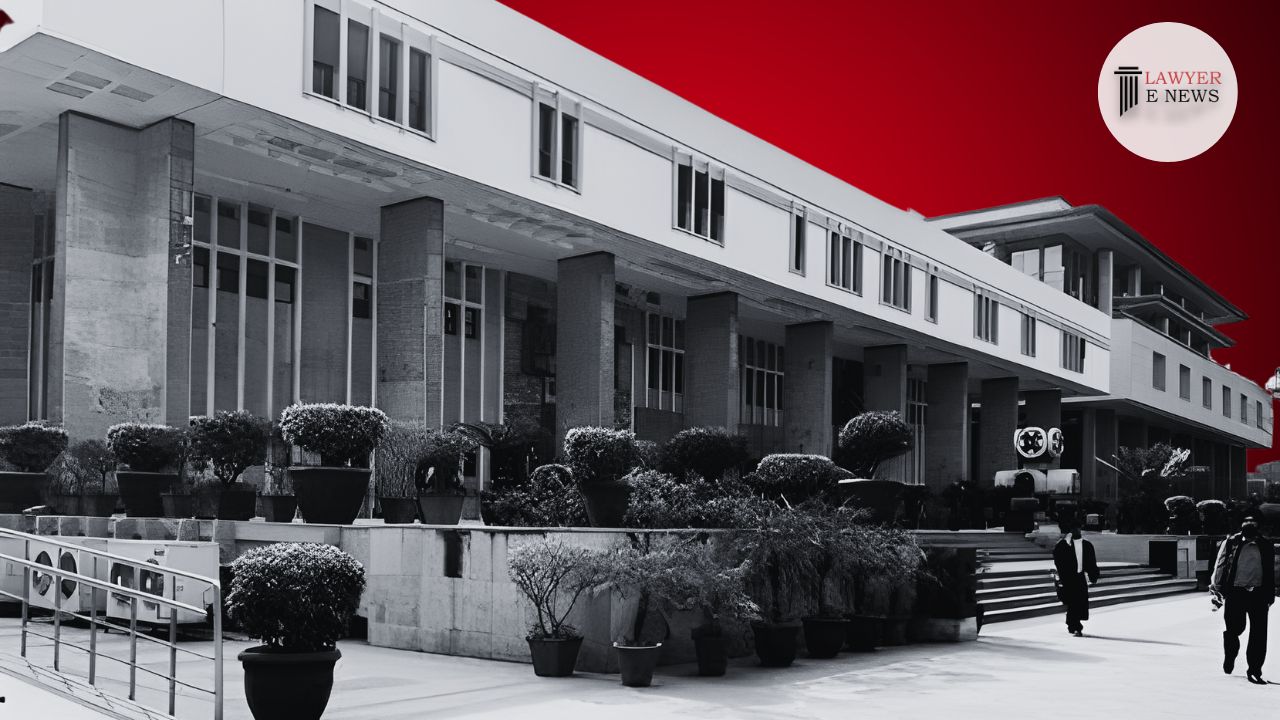-
by Admin
15 February 2026 2:36 AM



The Delhi High Court, in a significant ruling, clarified the procedural and jurisdictional aspects concerning the summoning of individuals for offences under the Companies Act, 2013, and the Indian Penal Code (IPC). The judgment distinctly addressed issues related to the jurisdiction for cognizance under Section 447 of the Companies Act, the application of limitation periods under Section 185, and the considerations for continuing offences under Section 452.
The petitioners, formerly directors and associates in a company, were summoned by the lower court on allegations of financial misconduct involving wrongful transactions and retention of company assets. The summonses were challenged on grounds that included the appropriate jurisdiction for initiating such charges and the timeliness of the complaint given the statutes of limitation under the Companies Act and the Code of Criminal Procedure (Cr.P.C.).
The court noted, “Cognizance of the said offence cannot be taken on a private complaint filed under Section 200 of the Cr.P.C. by an alleged shareholder of the Company.” It emphasized that only a complaint made by the Director of the Serious Fraud Investigation Office (SFIO) or an officer authorized by the Central Government can initiate proceedings under this section.
The court observed that the offences alleged to have occurred between 2002 and 2008 were addressed only in 2017, thereby exceeding the permissible limitation period of one year for offences punishable by up to six months or fine, making the summoning for these charges untenable.
Highlighting the nature of Section 452 as a continuing offence, the court maintained, “The offence would, therefore, continue till the time such property of the company is wrongfully withheld by the accused.” Consequently, this charge was not barred by limitation as the wrongful act persisted.
While the petitioners were also charged under Section 120B (criminal conspiracy) of the IPC, the court clarified that the specific requirements for taking cognizance under the Companies Act for conspiracy must still respect the limitations on who may file such a complaint.
Decision: The court set aside the orders summoning the petitioners for offences under Sections 185 and 447 of the Companies Act, citing lack of jurisdiction and the lapse in the limitation period. However, it upheld the charge under Section 452 as a continuing offence. The court granted liberty to the respondent to seek an extension of the limitation period for offences under Section 185, if permissible by law.
Date of Decision: 3rd May 2024
YOGESH CHANDAR GOYAL & ORS. Versus THE STATE & ANR.
